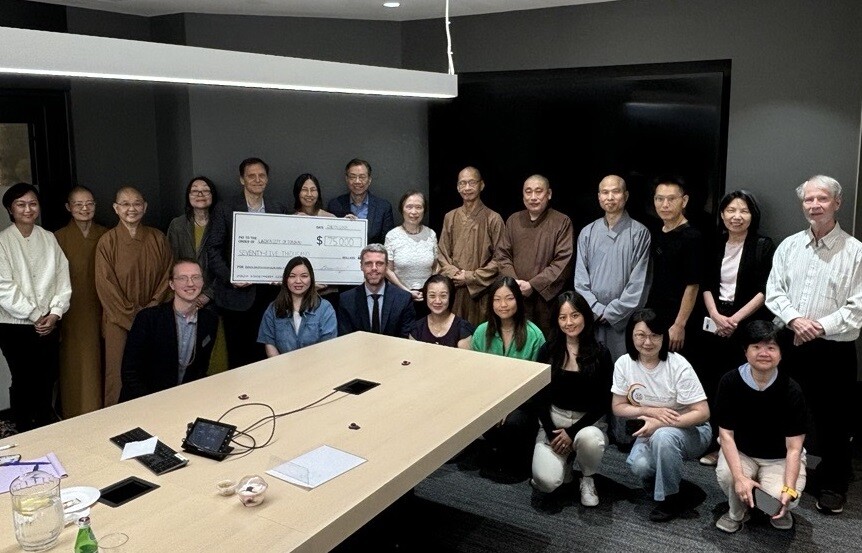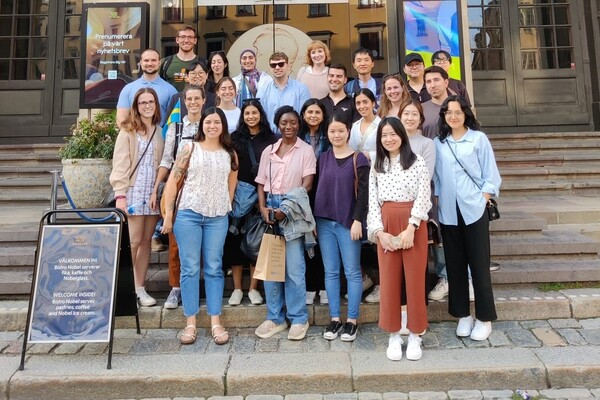Main Second Level Navigation
Oct 9, 2024
Fresh support fuels continuation of integrative Buddhism and Psychiatry fellowship
Education, Faculty & Staff, Giving, Partnerships

Chris Ng, Ken Fung, Benoit Mulsant, BEFC executives and Buddhist community representatives attending the recent gathering celebrating the foundation's renewed commitment during a recent gathering celebrating the foundation's renewed commitment


